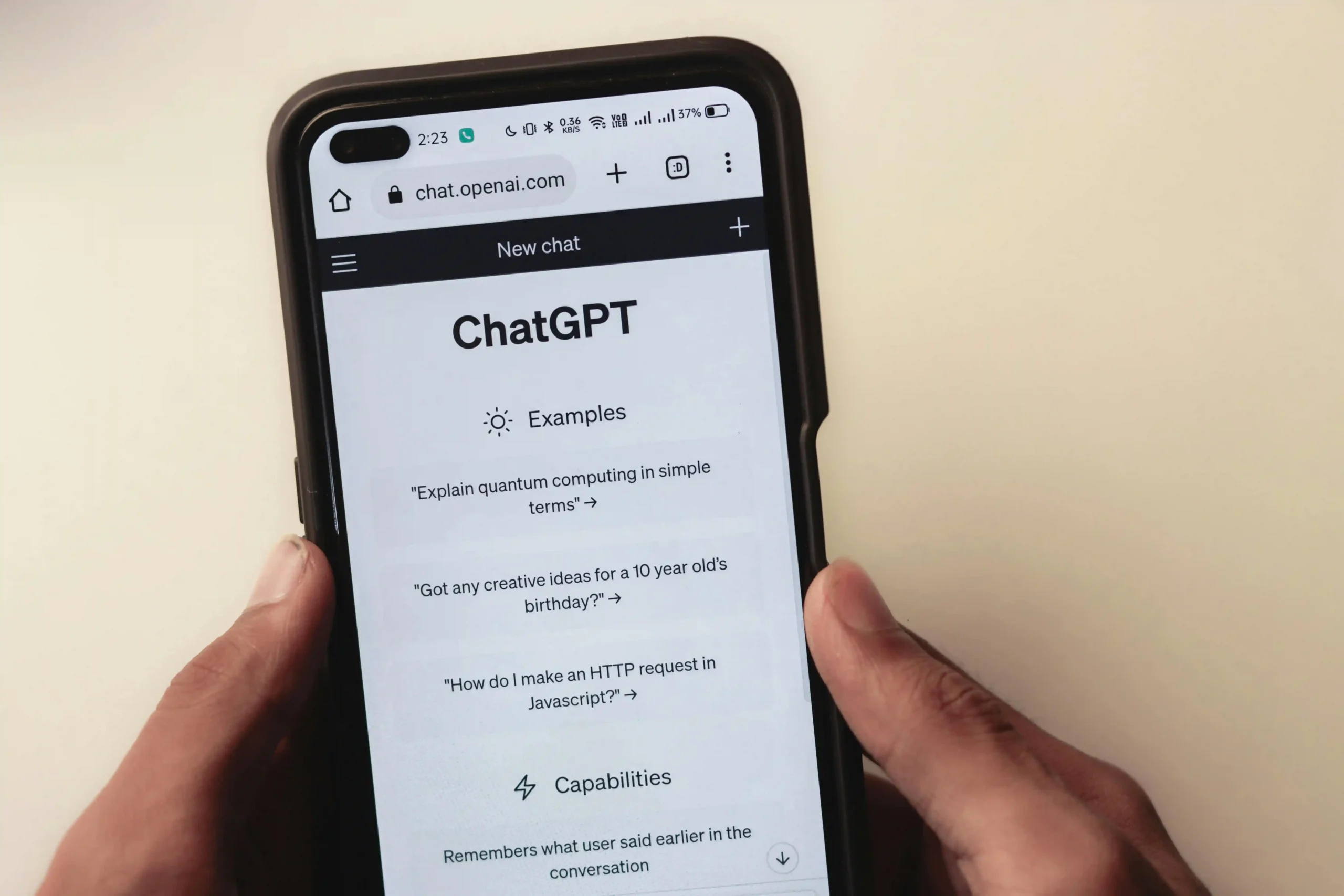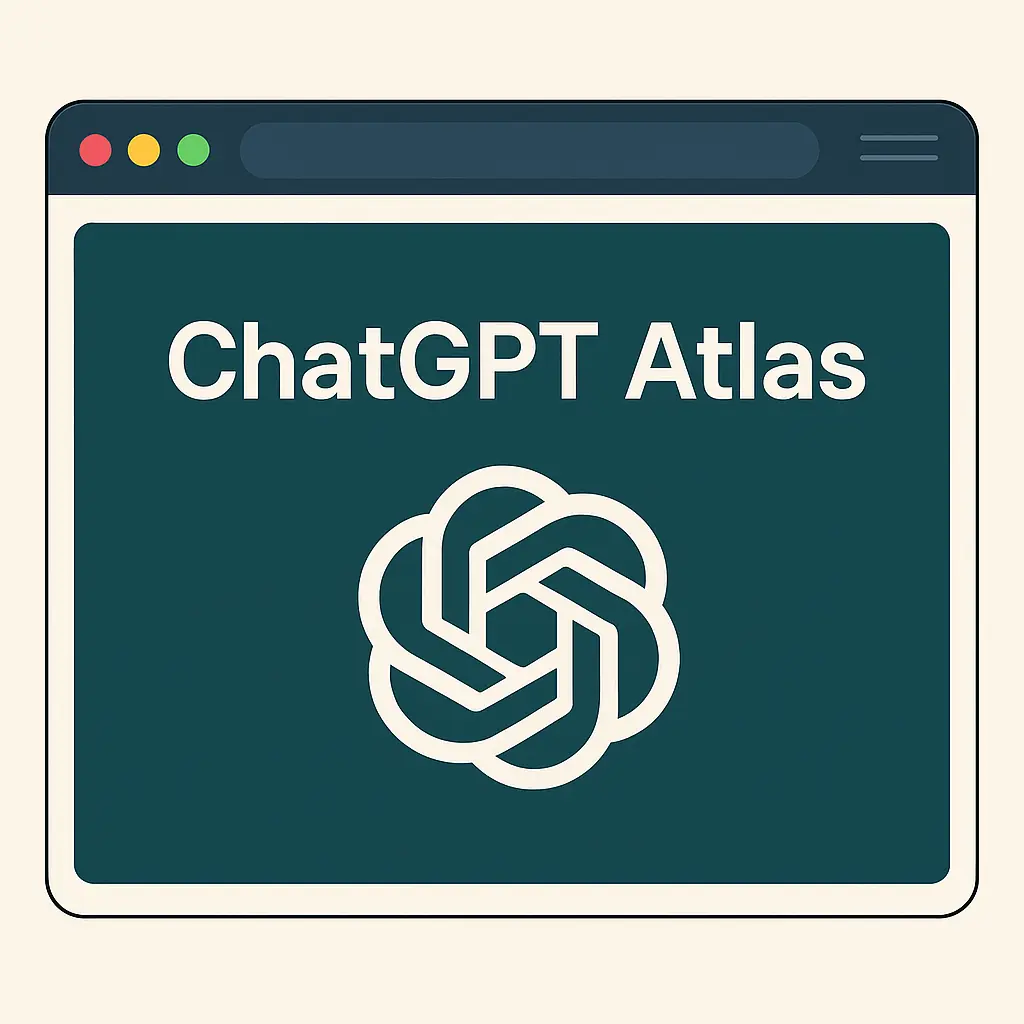
ChatGPT Atlas: OpenAI’s New AI Browser That Challenges Google Chrome
ChatGPT Atlas, the new AI browser from OpenAI, aims to become a real Google Chrome alternative by transforming how people use the internet. The company behind ChatGPT has introduced this intelligent web browser with one goal: to make online browsing faster, smarter, and more personal.
Table of Contents
A Browser That Understands You
At first glance, ChatGPT Atlas looks like a simple and clean web browser. But beneath the surface, it integrates artificial intelligence directly into its system. This allows users to browse the web while having an intelligent AI assistant ready to explain articles, summarize content, or compare products in real time. According to Techbyte, this makes web browsing feel more like a conversation than a search.
You can open ChatGPT from a side panel at any time to ask for summaries, rewrites, or explanations without leaving your current page. It saves time, keeps your screen organized, and eliminates the need for dozens of open tabs.
The name “Atlas” reflects the browser’s mission. Just as the mythical Atlas carried the world on his shoulders, OpenAI wants its browser to help users navigate the vast world of digital information. Unlike Chrome or Safari, ChatGPT Atlas connects seamlessly with your existing ChatGPT conversations, letting you switch between the app and the browser effortlessly.
Still in Limited Access
For now, ChatGPT Atlas is available only for macOS, but OpenAI confirmed that versions for Windows, iOS, and Android are coming soon. With this move, OpenAI is positioning itself as a serious competitor to Google Chrome, using what others lack: fully integrated AI power.
A new feature called Agent Mode is currently being tested among premium users. It allows ChatGPT to perform complete actions such as planning a trip, booking a hotel, or purchasing tickets. With Agent Mode, ChatGPT evolves from a passive helper into an active agent capable of handling real-world tasks. As The Guardian reported, this feature represents a major shift toward automation and digital independence.
Another highlight is the ability to edit text directly in the browser. By selecting any piece of text — whether an article, comment, or email — users can ask ChatGPT to shorten it, simplify it, or make it sound more professional instantly.
Privacy and Control
Since AI integration runs deep, privacy has become a major focus. OpenAI claims that ChatGPT Atlas gives users complete control over what data is stored or forgotten. Every user can decide which browsing information is remembered and delete it anytime.
According to The Guardian, “The Atlas browser doesn’t necessarily store exact copies of what users view, but when logged into browser memory, ChatGPT can recall facts from previous sessions.” However, how OpenAI handles and processes this data is still unclear, raising questions that will likely continue in public discussions.

The Future of Browsing
With ChatGPT Atlas, OpenAI is entering the AI browser market in full force. It’s not just competing with Google Chrome; it’s redefining how we think about internet browsing. By merging human-like understanding with search and navigation, OpenAI is turning the web into something smarter, faster, and far more personal.
You may also like: China’s Cable Cutter
Sources:






